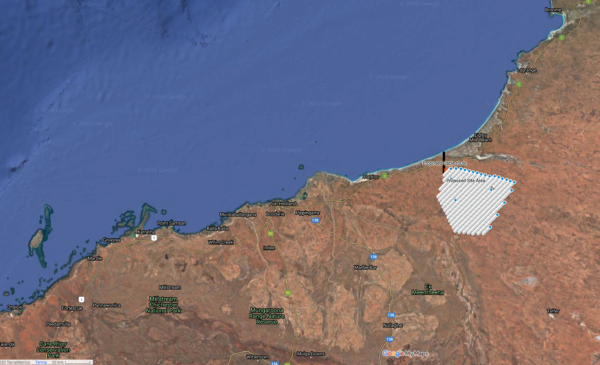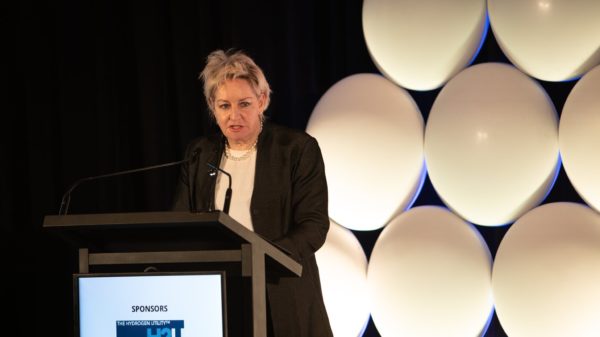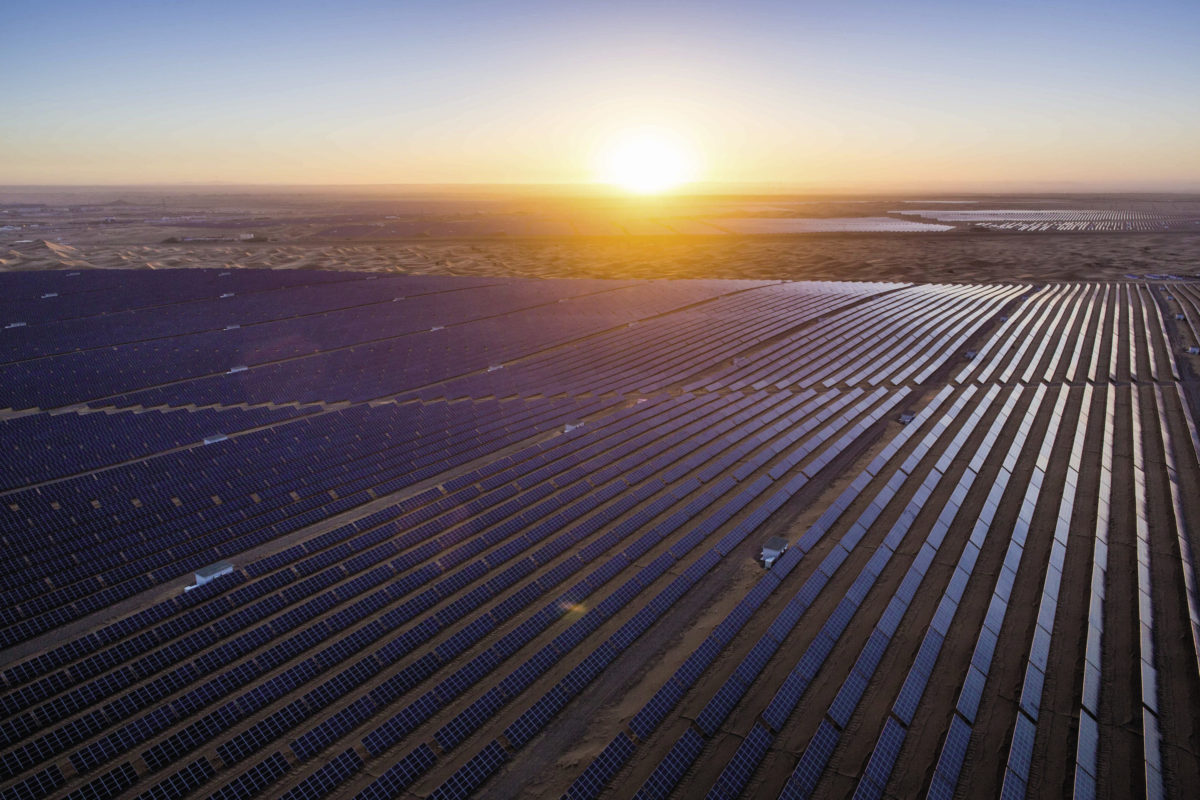The Western Australia government has raised concerns about the federal environment department’s rejection of the latest plans for the Asian Renewable Energy Hub (AREH) but the consortium behind the project has revealed it will work to amend those plans so the renewable energy project can go ahead.
The federal government had initially backed plans for the AREH, proposed for development in Western Australia’s Pilbara region, granting the venture major project status last year. New environmental approvals were however needed after the consortium behind the project amended its plans, opting to use renewable energy to produce ammonia for export to Asia, rather than electricity.
The consortium had referred plans to construct a 26 GW solar PV and wind farm near Port Hedland in WA’s north west. The facility would be used to power 14 GW of electrolysers to convert desalinated seawater into green hydrogen with most of the hydrogen converted to green ammonia for export.
Federal environment minister Sussan Ley late last week refused to sign off on the new proposal, saying the expanded plans would have “clearly unacceptable” environmental impacts on threatened migratory species and internationally recognised wetlands.

Image: AREH/Google Maps
“The minister concluded that the proposal would have unacceptable impacts on matters of national environmental significance,” a ministerial spokesperson said.
While the determination is a setback, the AREH consortium said it would continue to progress plans for the project and will address fully any concerns in preparing future project referrals.
“The Asian Renewable Energy Hub consortium received notification from the minister for the environment late last week that an environmental referral for the project will not proceed in its current form,” the consortium said in a statement emailed to pv magazine.
“We are now working to understand the minister’s concerns and will engage further with the minister and her department as we continue to work on the detailed design and engineering aspects of the project.”
While the consortium – including Intercontinental Energy, CWP Global, Vestas and the Australian National University’s Energy Change Institute – looks to refine its plans, the federal government’s decision has come under scrutiny in the state parliament this week with Western Australia hydrogen and regional development minister Alannah MacTiernan describing it as very concerning.

Image: Facebook
“Our government is very concerned and perplexed by the premature rejection of the expanded Asian Renewable Energy Hub project proposal,” MacTiernan said on Tuesday.
“The decision appears to have occurred with no meaningful engagement by the federal government with either the proponent or the state.
“Typically, with complex projects, the federal government would work closely with the proponent and the relevant state government agencies to identify issues of concern and attempt to resolve potential environmental impacts before making a final ruling.
“This does not appear to have occurred on this occasion and the project has been summarily rejected.”
The AREH was granted major project status late last year and in December, the federal government conditionally approved the first stage under the commonwealth’s Environment Protection and Biodiversity Conservation Act 1999.
The 15 GW first stage of the project had also secured state government environmental approvals.
On receiving environmental approvals for stage 1, the project proponents made submissions for the expanded 26 GW second stage.
Key revisions from the original project include the addition of processing plants, marine infrastructure including pipelines and an offshore export platform, and a new town to house workers.
MacTiernan acknowledged the expanded second stage of the project had more complex environmental considerations that needed to be worked through but said the decision to reject it “at such an early stage is perplexing”.
“The federal ruling was made just one month after the referral of the project was made,” she said.
“The rapid rejection of this project sends the wrong messages about Australia as a leader in the emerging renewable hydrogen industry, and has potentially far-reaching implications for proponents considering investing in hydrogen in Australia.”
MacTiernan called on the federal government to now work closely with the AREH consortium and the relevant state government agencies to identify issues of concern and attempt to resolve potential environmental impacts before making a final ruling.
“This project has the potential to show just how we can transition away from fossil fuels towards green energy generation,” she said.
“I urge the federal government to work constructively with the proponent to work through any issues of concern.”
The decision to reject the expanded AREH plans follows resources minister Keith Pitt’s decision last month to veto a $280 million loan from the Northern Australia Infrastructure Facility (NAIF) to develop a wind and battery storage hub in northern Queensland.
This content is protected by copyright and may not be reused. If you want to cooperate with us and would like to reuse some of our content, please contact: editors@pv-magazine.com.









6 comments
By submitting this form you agree to pv magazine using your data for the purposes of publishing your comment.
Your personal data will only be disclosed or otherwise transmitted to third parties for the purposes of spam filtering or if this is necessary for technical maintenance of the website. Any other transfer to third parties will not take place unless this is justified on the basis of applicable data protection regulations or if pv magazine is legally obliged to do so.
You may revoke this consent at any time with effect for the future, in which case your personal data will be deleted immediately. Otherwise, your data will be deleted if pv magazine has processed your request or the purpose of data storage is fulfilled.
Further information on data privacy can be found in our Data Protection Policy.